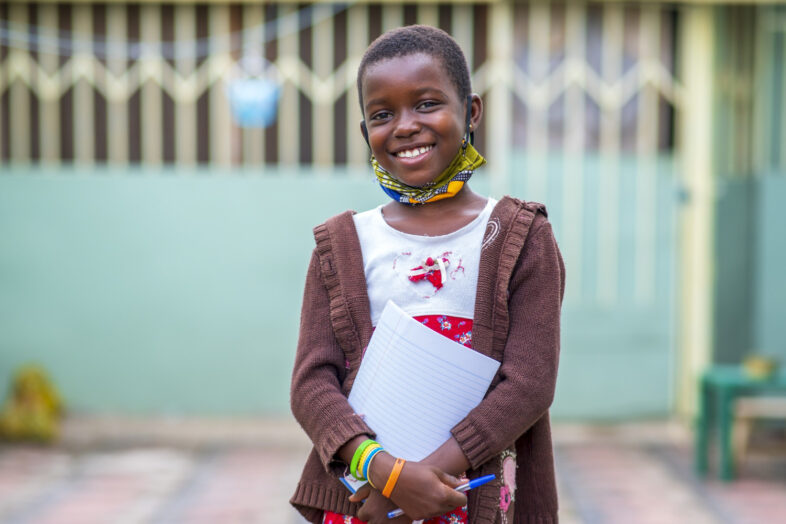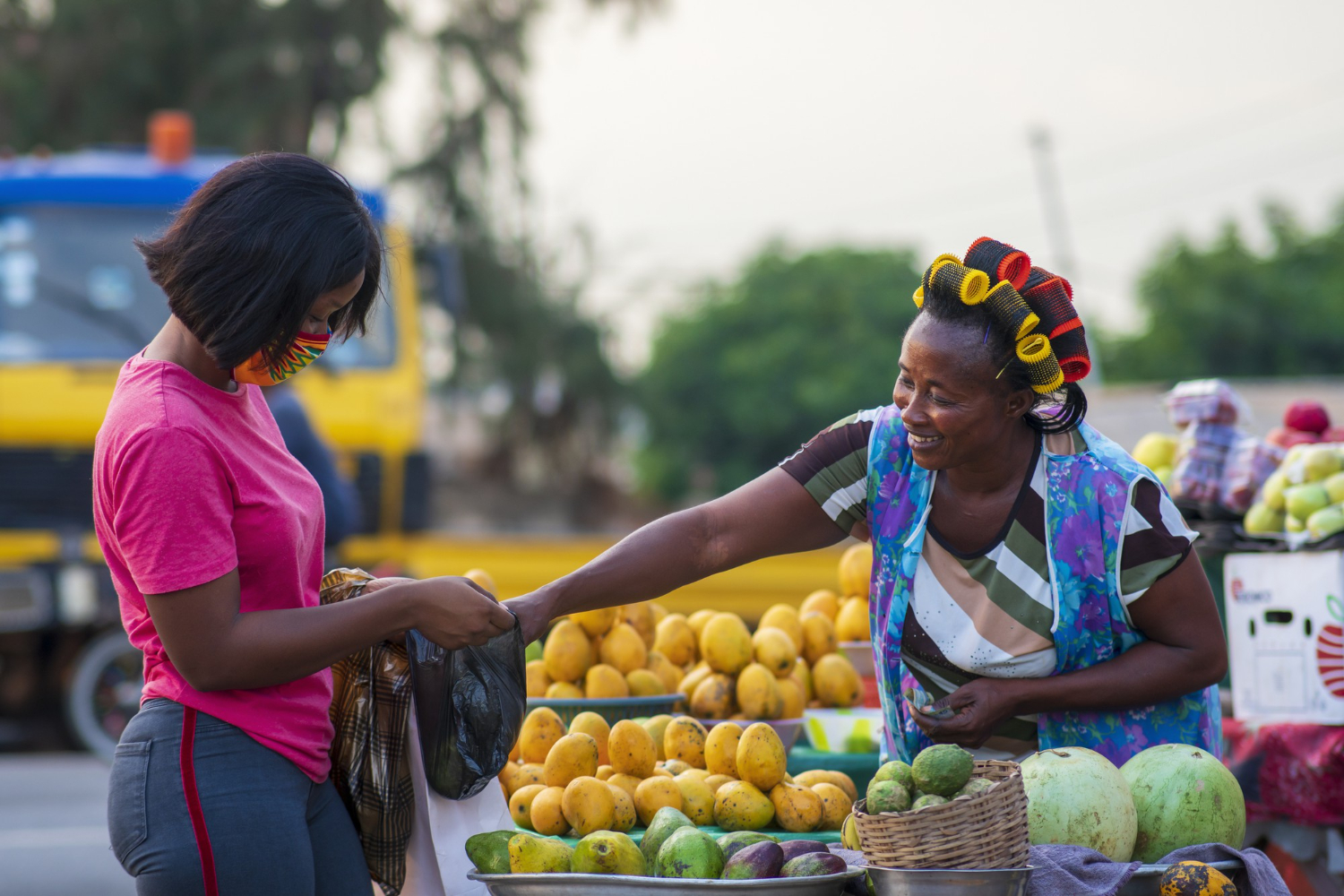
The Story of Education and Literacy in Nzema
Nzema, a town in the Western Region of Ghana, has a rich history of education that spans several decades. The town has made significant strides in improving its literacy rate, thanks to the efforts of various stakeholders in the education sector. In this blog post, we will explore the Nzema education system, its history, and its impact on the community.
The history of education in Nzema dates back to the pre-colonial era when local chiefs established schools to teach their children and other members of their communities. However, it wasn’t until the British colonial administration arrived in the area that formal education was introduced. The British set up schools in the town, which were mainly for the education of the children of British colonial officials and missionaries.
After Ghana gained independence in 1957, the government embarked on a mission to provide education for all citizens. The government established several schools in Nzema, including primary, junior high, and senior high schools. The government also introduced policies to promote education, such as free primary education and subsidies for senior high education.
Over the years, Nzema has made significant progress in improving its literacy rate. According to the Ghana Statistical Service, the literacy rate in Nzema is 68.6%, higher than the national average of 62.1%. This improvement in the literacy rate can be attributed to several factors, including government policies, community support, and the dedication of teachers and education stakeholders.
The Nzema education system comprises three main levels: primary, junior high, and senior high school. The primary level is compulsory and lasts for six years. The junior high level lasts for three years and is followed by the senior high level, which lasts for three years. Students who complete the senior high level can choose to attend tertiary institutions or vocational schools.
Apart from the government-run schools, there are also private schools in Nzema. These schools are owned and managed by individuals or religious organizations and offer an alternative to the government-run schools. Private schools are often more expensive than government-run schools, but they offer a higher quality of education and a more personalized approach to learning.
In conclusion, education in Nzema has come a long way since the pre-colonial era. The town has made significant strides in improving its literacy rate, thanks to the efforts of the government, education stakeholders, and the community. While there is still much to be done to ensure that all Nzema citizens have access to quality education, the progress made so far is commendable. With a commitment to education, Nzema can continue to thrive and contribute to the growth and development of Ghana as a whole.






Add Comment